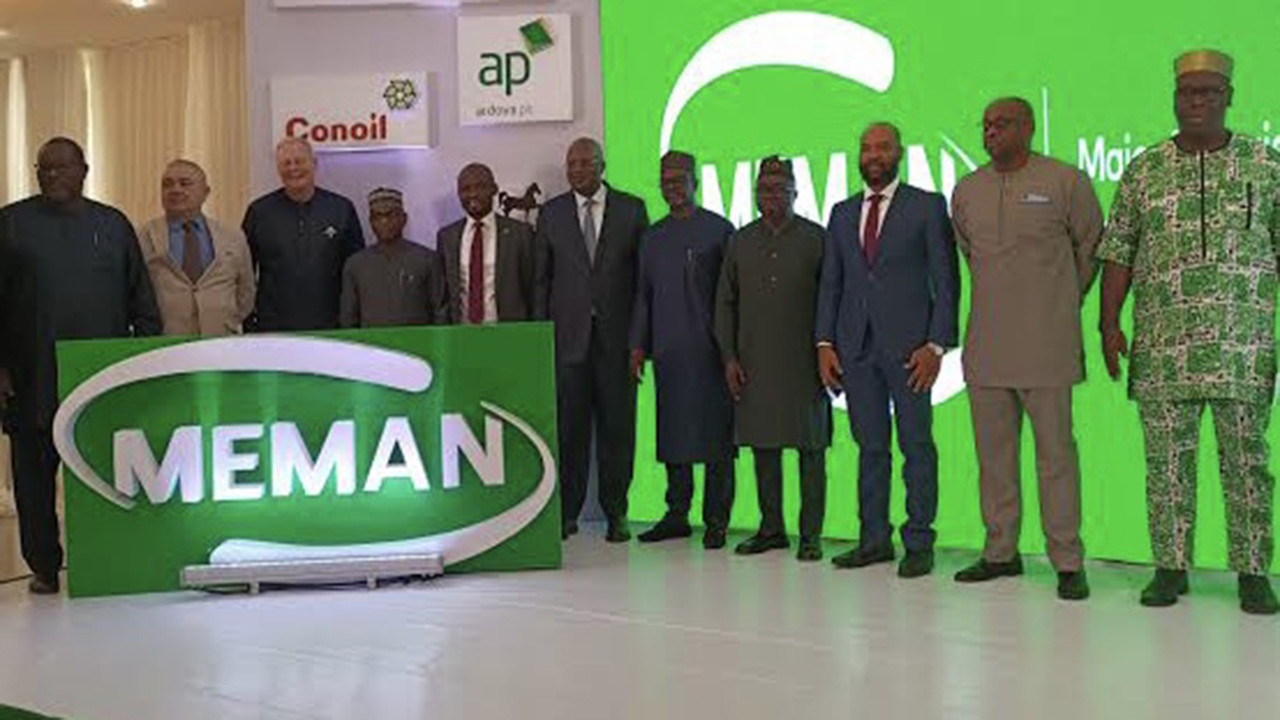
MEMAN: Competition Key to Innovation, Growth in Nigeria’s Energy Sector –Experts
MEMAN: Competition Key to Innovation, Growth in Nigeria’s Energy Sector –Experts
......by Nkechi Egbo......
The Chief Executive Officer (CEO) of Major Energy Marketers Association of Nigeria (MEMAN), Clement Isong, the CEO of Transaharan and Secretary of the African Continental Free Trade Area (AfCFTA) National Action Committee, Francis Anatogu and Senior Economist, World Bank, Samer Matta have emphasized the critical role of competition in driving innovation, lowering costs, and improving service delivery across Nigeria’s economy, particularly in the energy sector.
Speaking at the quarterly media parley organized by the Major Energies Marketers Association of Nigeria (MEMAN) in Lagos, the three experts delivered a compelling presentation titled “Why Competition Matters”, in which he outlined the far-reaching benefits of a well-regulated competitive environment.
According to them, “Competition pushes businesses to innovate, enhances efficiency, lowers prices, improves quality, and promotes economic growth. It ensures that companies put consumers first while creating a healthy environment for investment and job creation.”
Anatogu cited examples from global and local markets, noting that competition not only rewards innovation but also creates “winners” in various sectors—drawing parallels from the lucrative football contracts of top African players like Riyad Mahrez, Sadio Mané, and Mohamed Salah, who have benefitted from competitive offers in international leagues.
He stressed that “for markets to function optimally, competition must be enforced consistently, and small and medium enterprises must be allowed to scale without unfair disadvantages.”
Highlighting the Federal Competition and Consumer Protection Commission (FCCPC) as a central enabler, the experts outlined the agency’s mandate under the FCCPC Act of 2018. These include: Preventing abuse of market dominance and anti-competitive practices; Safeguarding consumer rights; Reviewing mergers and acquisitions;Intervening in price manipulation cases (notably during COVID-19 and in sectors like pharmaceuticals and electricity).
However, they acknowledged the gaps that still exist in Nigeria’s competition enforcement landscape. These include limited enforcement capacity, low public awareness, overlapping regulatory jurisdictions, lack of real-time market intelligence, and slow judicial processes.
“There’s a significant need for public education on consumer rights and better coordination among regulatory agencies to eliminate jurisdictional confusion,” Anatogu agreed.
Samer Matta, Senior Economist at the World Bank, laid out the economic case for competition. Matta stated that fair market rivalry boosts service delivery, reduces prices, and drives innovation. However, he noted that many Nigerian sectors, including energy, remain highly concentrated and urged regulators to strengthen institutional capacity for market analysis and enforcement.
Isong, CEO of MEMAN, introduced the conversation on CNG trucks as a transformative step in petroleum product distribution. He noted that CNG trucks can reduce logistics costs by as much as 40 percent, making them an attractive innovation. However, he warned that unequal access to supporting infrastructure could skew the market. “We encourage our members to embrace shared logistics models and explore solar-powered filling stations to promote sustainability and fairness,” Isong added.
